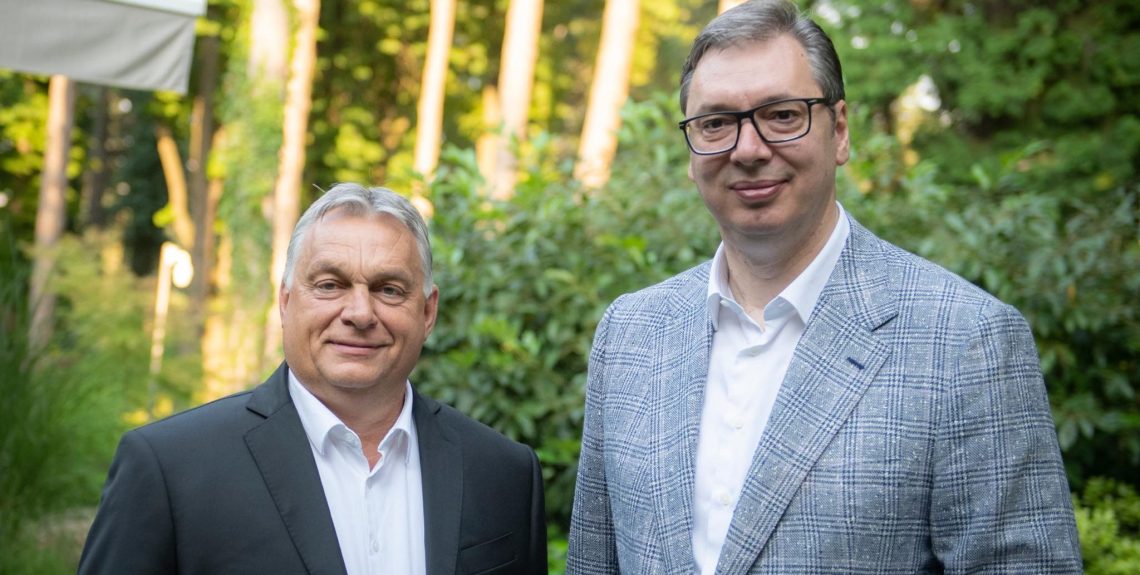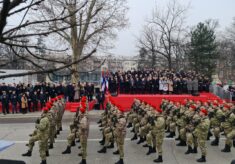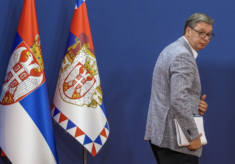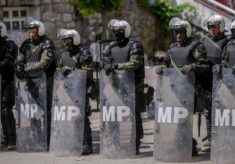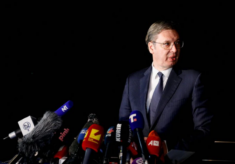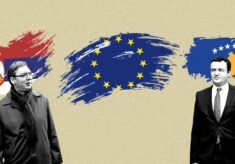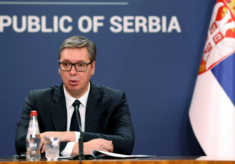Hungarian Prime Minister Viktor Orban, known for his contentious policies and actions and widely criticized from European Union leaders for undermining the rule of law and freedom of media and for its controversial stances towards Russia, is lately intensifying an already strong involvement in the Western Balkans, presenting himself as the only EU leader which is sincerely interesting in opening the doors of the bloc to the region.
Orban’s strategy seems to be to establish even closer connections, in particular with leaders who share his political leanings, such as Serbian President Aleksandar Vucic and Bosnian-Serb leader Milorad Dodik. This strategic move has the potential to influence the geopolitical dynamics of the Balkans and impact the European Union aspirations of countries in the region.
Since Viktor Orban regained power in 2010, Budapest has been emerging as a significant actor in the Western Balkans, with the goal of transforming Hungary in a regional power and positioning itself as a primary player in Central Europe.
That ‘approach to the Balkans’ of Orban was particularly evident last month during his tour in the region. During an official visit to Bosnia and Herzegovina, the Hungarian leader met only shortly with Bosnia’s senior state officials in Sarajevo, and has immediately travelled to Republika Srpska, the Bosnian Serb political entity, where he held meetings with the Bosnian Serb President Milorad Dodik, openly pro-Russian and pro-secession. Orban was hosted by Dodik at his ranch outside Banja Luka and the Bosnia Serb leader thanked him for “for the respect he showed to Republika Srpska with his visit.”
In Bosnia, Orban expressed his support for the swift accession of Bosnia and other Balkan countries into the European Union, emphasizing that their inclusion could inject fresh energy and vitality into what he described a “troubled” 27-member bloc. “Whatever they say in Brussels, we are for the fast accession of the Balkans, that is, Bosnia and Herzegovina, into the EU. For us Hungarians, the Balkans is not a problem but rather the last reserve of European resources,” Orban claimed. Furthermore, he said that Budapest is opposing EU’s policies based on sanctions and he petitioned for the EU to redirect funds slated for Ukraine to the Balkans.
During a meeting with Albanian Prime Minister Edi Rama, Orban openly criticized the European Union by expressing his dissatisfaction with the slow pace of EU expansion. He specifically highlighted his concerns about Albania waiting for 13 years for the opening of negotiations, stating that the EU’s expansion was progressing “shamefully slowly.” Orban described this pace as suicidal for the EU.
The populist Hungarian leader, after participating at a Serbian military exercise in April this year, met also with the Serbian President Vucic in Belgrade in June, further deepening an already strong political and personal relationship. In the occasion, the Serbian state-owned company Srbijagas and Hungary’s MVM signed a contract to establish a new joint gas company, SERBHUNGAS. Furthermore, Orban and Vucic agreed on how and in what way to build an oil pipeline between Novi Sad and Hungary, to bring Russian oil to the Balkans through the so-called existing Druzhba pipeline.
Even more important was Orban’s announcement of a key development in the Serbia-Kosovo relations, the release of three Kosovo’s policemen arrested in June by the Serbian police. “Serbian President Aleksandar Vucic has just informed me that in accordance with the request made at our meeting” at the end of June, the Serbian authorities released “the three previously arrested Kosovo policemen from custody, (…) a decision which is a clear proof of the strategic cooperation between our countries, and our mutual commitment to the peace and stability of the Balkans,” Orban wrote on Twitter.
Taking into account also the growing economic cooperation between Hungary and the Western Balkans, with major Hungarian companies expanding in the region, it looks like Orban, after having lost grip on the so-called Visegrad group due to the Hungarian stance on the Russian aggression, is trying more energetically to develop strong relations with the Balkans, searching for new allies outside the EU.
The process is not void of risks. The very fact that Orban, relatively isolated in the EU, is pushing for the enlargement to the Balkans could increase the hesitancy of several member states to expand the bloc to the region. Furthermore, Orban’s strong link with Dodik could fuel secessionist tendencies in Bosnia and strengthen the position of the populist leaders, like Vucic in Serbia. Additionally, it might increase the energy dependence of the region from Russia, making it more difficult for the Western Balkans to diversify its energy sources.

